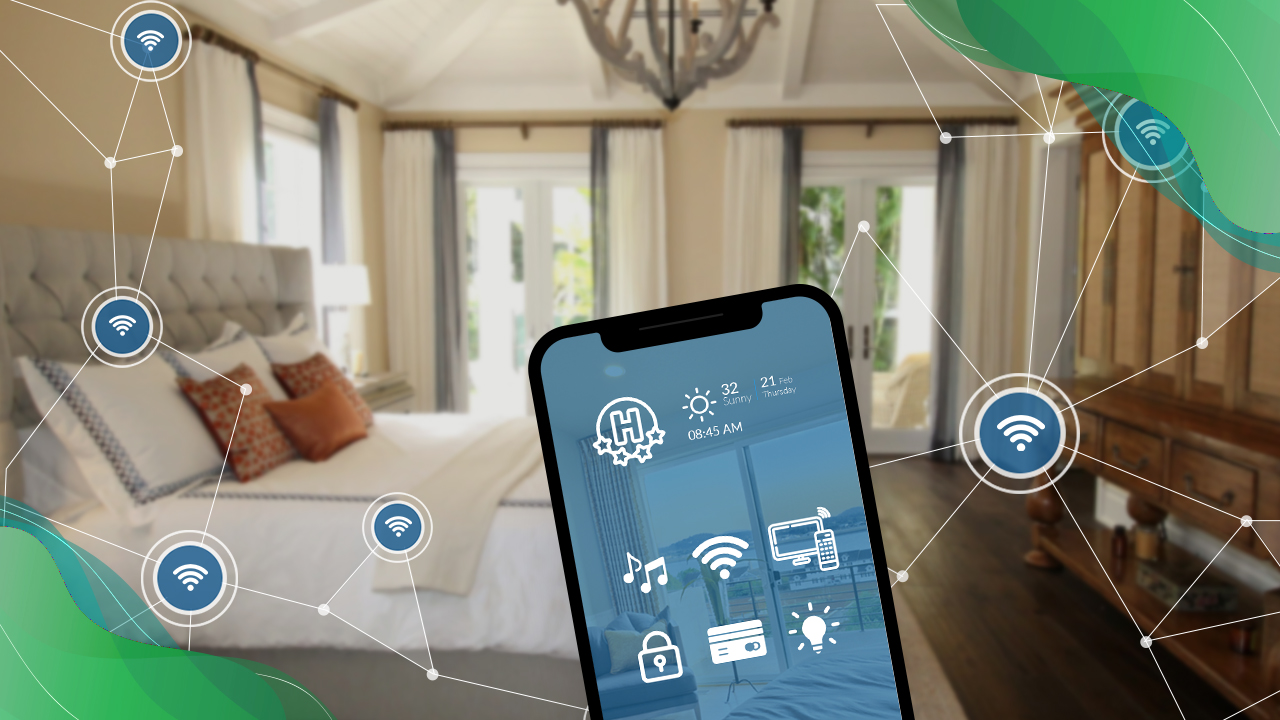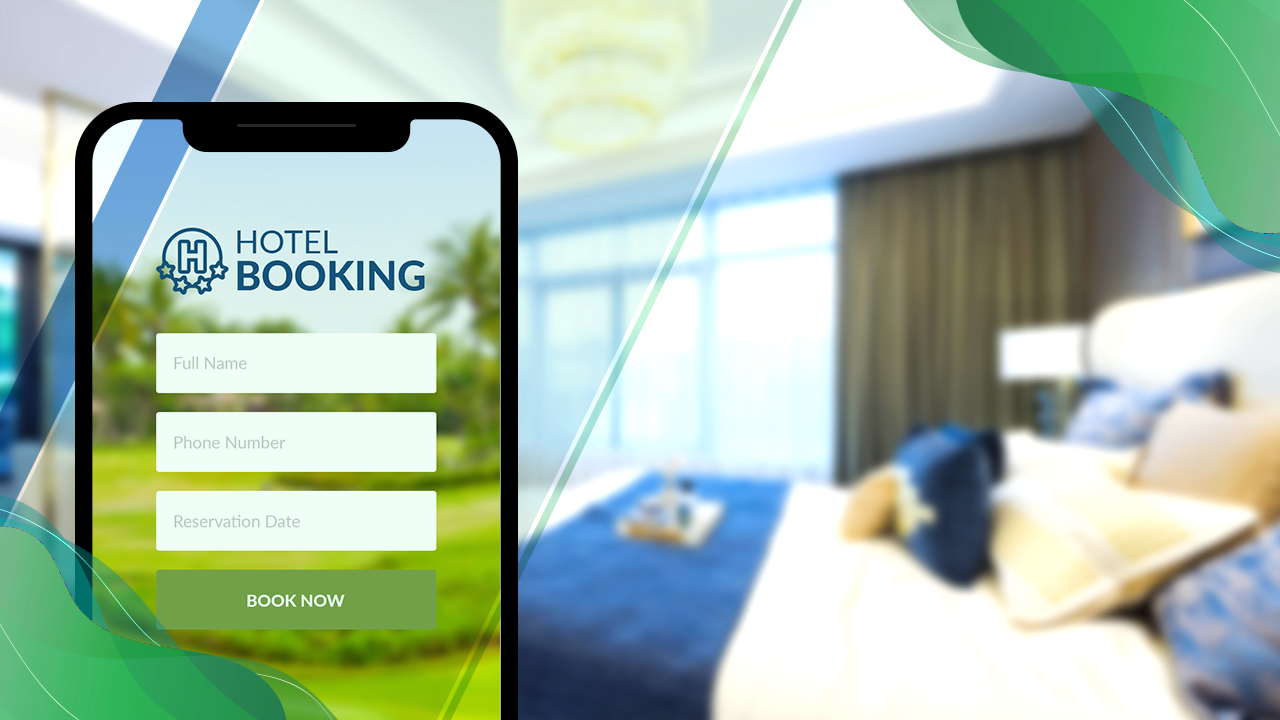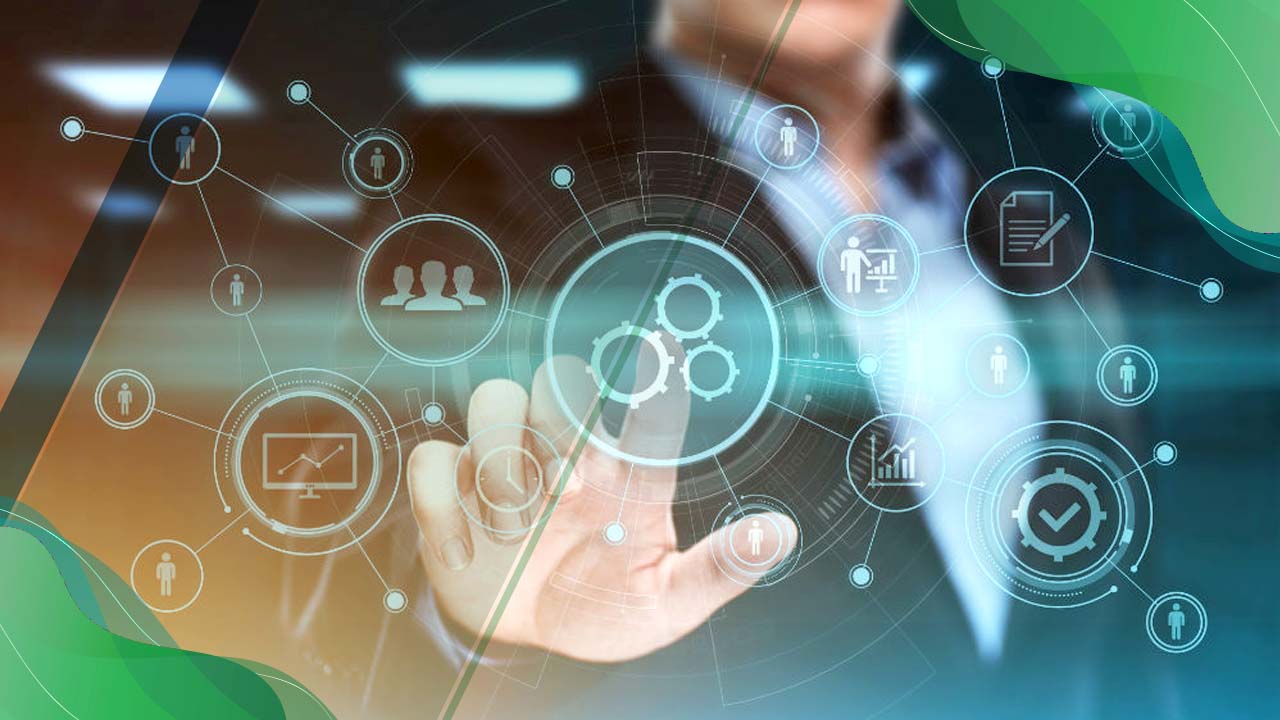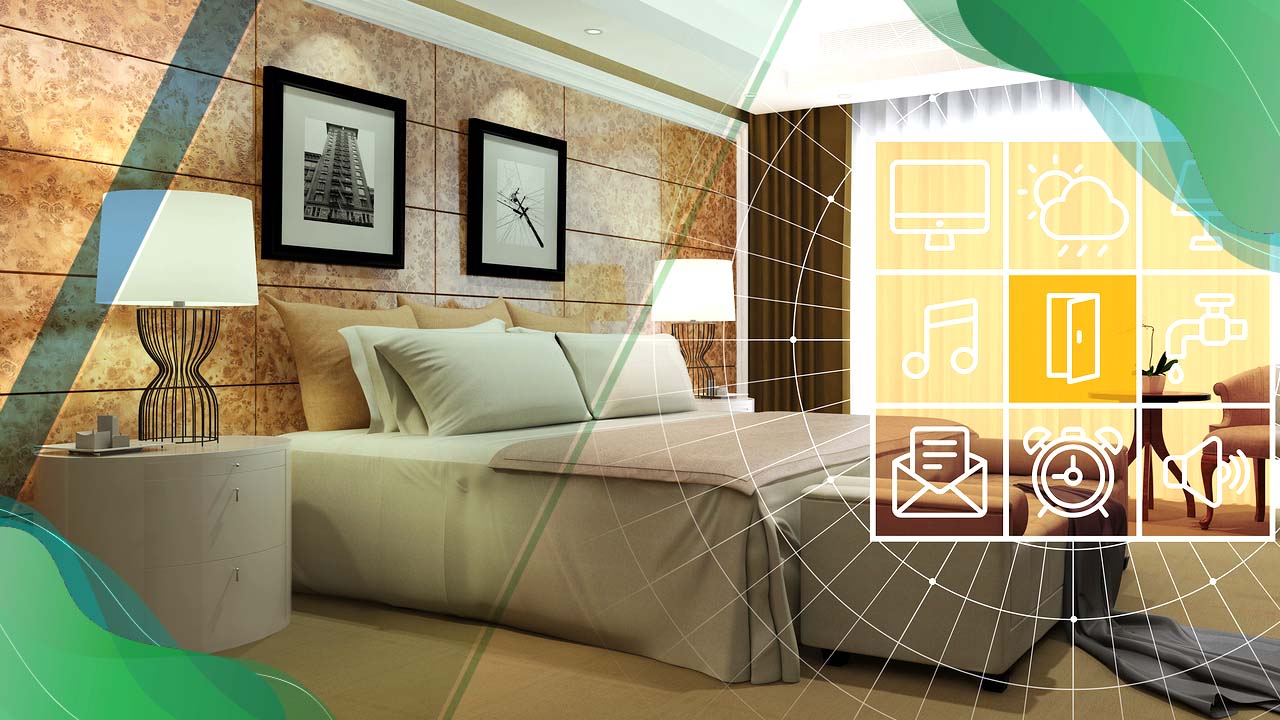The new year has brought great confidence and hopes to global hospitality providers as successful trials of COVID19 vaccines are approved for mass distribution. Hotel and resort owners are increasingly looking towards technology, digitization, and automation to avoid health safety liabilities in their assets.
Many franchise brands have already deployed mobile applications, robotics, data-driven decision making, touchless payments, and other technology to make guest experiences extremely convenient amid COVID19.
It is a time when hoteliers need to carefully prepare for the next five years, a timeline discussed repeatedly by analysts for the hospitality sector to recover to 2019 levels. Hospitality providers are already realizing the significance of hotel technology gap assessments and IT service redesign in their assets.
For instance, many US hotels and resorts are adapting to complex circumstances by integrating touch payments and check-in through smartphone apps. There are others brands that have teams of robots assisting with luggage, room service, and sterilization to keep guests completely safe from infection.
Let’s take a quick look at three essential technologies every hotel needs in 2021 to survive the new normal in the US.
Mobile Apps
Ever since the smartphone became a personal computer it has been easier for hospitality providers to develop signature apps for their brand. Consider the leading edge BonVoy app from the Marriot Hotel Group.
The Bonvoy app is the central interface for guests to control their entire stay at Marriot hotels. From booking rooms, in over 600 hotels across 20+ countries, this app allows significant features including contactless check-in, BLE mobile room keys, touch payments, concierge chat, loyalty points, and special personalization requests.
Mobile apps are a simple technology integration that can provide vast versatility for staff to perform more priority tasks while keeping them safe from interactions. A number of hotel brands including Marriot, Hilton, Sheraton, etc. have highly invested in data-driven services that allow them to study guest behaviors over mobile apps.
Mobiles apps a clever way for hospitality providers to offer guests a direct way to communicate with the concierge. Due to the restrictions placed by the WHO and governing bodies, it is essential for guests to have a source of direct information and contact for guests.
Another major benefit of mobile apps is their facilitation of digital and touchless payment. Initiatives like Google Pay, Apple Pay, and Paypal have been major successes for the millennial generation, who are expected to be the future of travel & tourism in the next 10 years.
RFID BLE Locks
RFID radio frequency-based locks have been previously the popular choice in hotels and resorts over the last 20 years. With evolving times come evolved technologies like modern Bluetooth Light Energy locks that allow devices to communicate over 10 meters. These locks require less energy than mobile-based devices and hence allow data delivery to be more efficient over short distances.
Allowing guests the massive feature to unlock doors without touching the door handles is a great way to enhance both guest and staff safety. These BLE mobile room key locks are prominently known for their simpler price tags and equally low-cost maintenance bills.
Since they work off a Bluetooth sensor replacement costs of door locks are also quite attractive for hotels.
Cybersecurity
Increased reliance on remote work services, digital payments, contactless services, BLE locks, etc. will eventually take its toll on a hotel’s internet infrastructure. Hotel managers must address the cybersecurity elephant in the room.
A remarkable guest technology experience is highlighted by the security and privacy of information that hospitality businesses provide. Secured devices, guest networks, payment systems, and compliant service are essential to assuring guest satisfaction.
After the major cyber breaches of both the US government and business sectors in 2019, hospitality providers must now prepare strategic cybersecurity policies to address growing online threats. This is usually where the assistance of a hospitality technology provider is most beneficial.
Hotel technology companies that specifically manage the guest technology experience are essential to maintain the cybersecurity of hospitality data & networks. Usually, hoteliers contract hotel technology management providers to conduct thorough technology gap assessments to identify the critical infrastructure renovation required to address COVID19 liabilities.
A detailed audit of the back office, guest technology services, and all underlying liabilities gives hotel owners a realistic preview of their current guest journey. One of these liabilities is digital payments and the privacy of online payment data.
Hotels must revise their cybersecurity & PCI training for staff to ensure all their personnel is on par with data breaches. The human element is usually the weakest in the data security management chain. Therefore, it is essential to keep them informed and trained to ensure ironclad data security, payment protection, and overall cybersecurity.
Conclusion
We hope you enjoyed this edition of our blog. For more interesting hotel technology updates, trends, and insights remember to visit us again.
Advanced Hospitality Technologies is a leader in Hospitality Technologies. We have an award winning benchmark for providing affordable, reliable and most advanced hospitality Technology Solutions.




